
Pendjari National Park: Benin's Wild Jewel
Pendjari National Park is one of West Africa's most stunning natural reserves. Located in the northwest of Benin, this park offers a unique opportunity to experience the wild beauty of the African savannah. Home to a rich diversity of wildlife, including elephants, lions, cheetahs, and hippos, Pendjari is a paradise for nature lovers and adventure seekers alike. Spanning over 4,800 square kilometers, the park is part of the larger W-Arly-Pendjari (WAP) complex, a UNESCO World Heritage site. The park's varied landscapes, from rolling hills to lush river valleys, provide a picturesque backdrop for wildlife viewing. Visitors can embark on guided safaris, either by vehicle or on foot, to get up close with the incredible array of animals that call Pendjari home. In addition to its wildlife, Pendjari National Park is also a haven for bird watchers. With over 300 species of birds, including the rare Egyptian Plover, the park is a birding hotspot. The Pendjari River, which flows through the park, adds to the area's scenic charm and offers opportunities for fishing and boat trips. For those seeking a more relaxed experience, the park's lodges and campsites provide comfortable accommodations with stunning views of the surrounding wilderness.
Local tips in Pendjari National Park
- Visit during the dry season (November to February) for the best wildlife sightings.
- Book a guided safari to ensure a safe and informative experience.
- Bring binoculars for bird watching and to spot distant wildlife.
- Stay hydrated and wear sunscreen, as temperatures can be high.
- Respect the park's rules and regulations to help preserve its natural beauty.
Pendjari National Park: Benin's Wild Jewel
Pendjari National Park is one of West Africa's most stunning natural reserves. Located in the northwest of Benin, this park offers a unique opportunity to experience the wild beauty of the African savannah. Home to a rich diversity of wildlife, including elephants, lions, cheetahs, and hippos, Pendjari is a paradise for nature lovers and adventure seekers alike. Spanning over 4,800 square kilometers, the park is part of the larger W-Arly-Pendjari (WAP) complex, a UNESCO World Heritage site. The park's varied landscapes, from rolling hills to lush river valleys, provide a picturesque backdrop for wildlife viewing. Visitors can embark on guided safaris, either by vehicle or on foot, to get up close with the incredible array of animals that call Pendjari home. In addition to its wildlife, Pendjari National Park is also a haven for bird watchers. With over 300 species of birds, including the rare Egyptian Plover, the park is a birding hotspot. The Pendjari River, which flows through the park, adds to the area's scenic charm and offers opportunities for fishing and boat trips. For those seeking a more relaxed experience, the park's lodges and campsites provide comfortable accommodations with stunning views of the surrounding wilderness.
When is the best time to go to Pendjari National Park?
Iconic landmarks you can’t miss
National Museum Benin City
Discover the cultural gems of the Edo people at the National Museum in Benin City, a journey through history and artistry like no other.
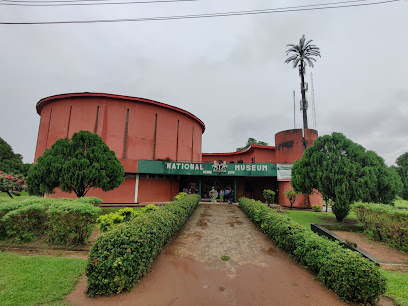
Zone Cynegetique De La Pendjari
Explore the stunning landscapes and rich wildlife of Zone Cynegetique De La Pendjari, Benin's premier national park for nature lovers and adventure seekers.
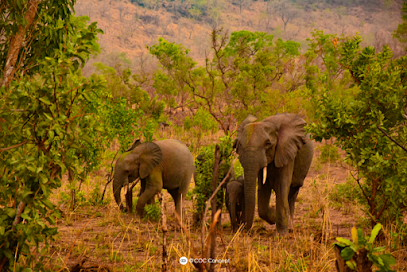
W National Park Benin
Explore the remarkable landscapes and rich biodiversity of W National Park in Benin, a haven for nature lovers and adventurers alike.
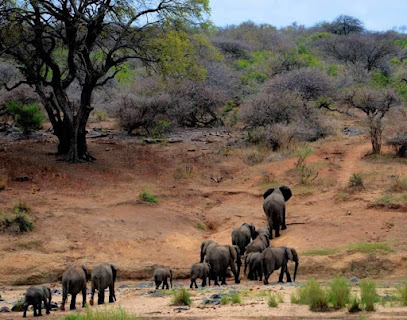
Memorial de Zoungbodji
Immerse yourself in the rich cultural heritage of Benin at the Memorial de Zoungbodji, a poignant tribute to the history and resilience of its people.
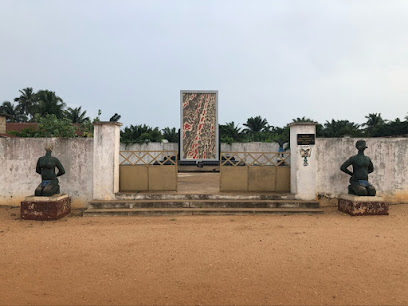
Pendjari
Explore Pendjari: A breathtaking river oasis filled with wildlife, adventure, and serene landscapes in the heart of nature's beauty.
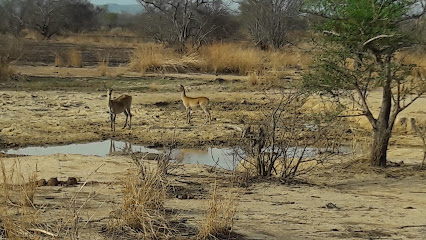
W du Benin National Park
Experience the pristine beauty of W du Benin National Park, a hidden gem in Benin teeming with wildlife and stunning landscapes.
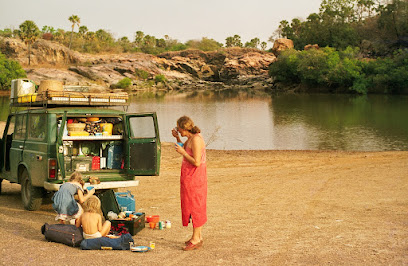
Unmissable attractions to see
Fidjrossè Beach
Discover the tranquil beauty of Fidjrossè Beach in Cotonou, where golden sands meet the vibrant local culture and stunning sunsets await.
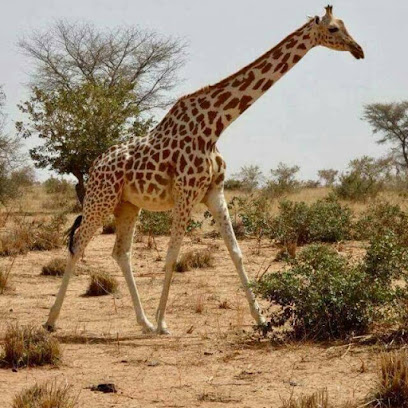
Zone Cynegetique De La Pendjari
Discover the stunning wildlife and diverse ecosystems of Zone Cynegetique De La Pendjari, a premier national park in Benin perfect for adventure and exploration.
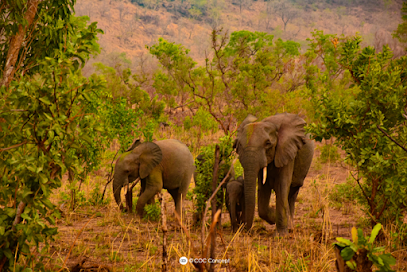
Ouidah Museum of History (Portuguese Fort)
Discover the rich history of Ouidah at the Ouidah Museum of History, where the past comes alive through artifacts and captivating stories.
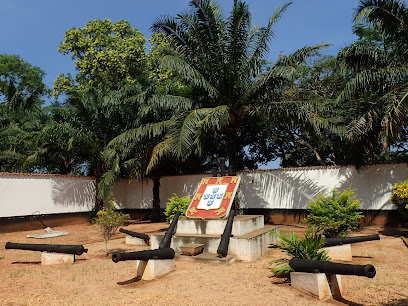
AgouaLand
Explore AgouaLand, a dynamic zoo and amusement park in Benin, where wildlife and fun attractions create unforgettable family adventures.
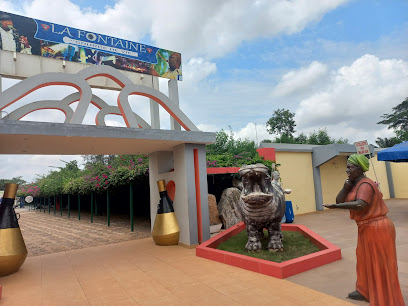
Mare Bali lookout
Discover the breathtaking views and serene atmosphere at Mare Bali Lookout, a stunning vista point in Benin, perfect for nature lovers and photographers.
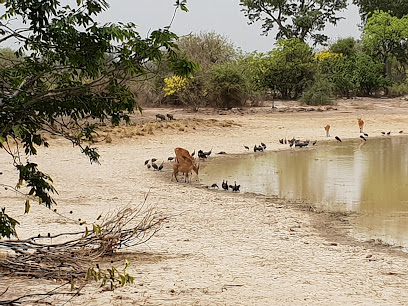
Parque nacional W de Níger
Explore the breathtaking landscapes and diverse wildlife of Parque Nacional W de Níger, a UNESCO World Heritage site in the heart of Niger.
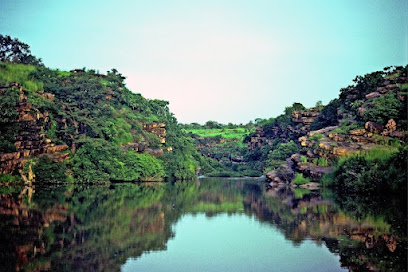
Enogie's Palace
Explore Enogie's Palace, a historic royal residence in Benin City, Nigeria, where culture, history, and stunning architecture intertwine.
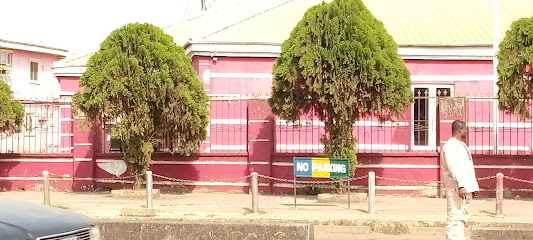
West National Park Benin
Explore the breathtaking landscapes and diverse wildlife of West National Park, Benin—a hidden treasure for nature lovers and adventurers.

Essential places to dine
Chicken Republic - Benin 2
Experience delightful fast food flavors at Chicken Republic - Benin 2, where every meal is crafted with care and served with a smile.

GT food plus (New Q)
Experience fast food excellence at GT Food Plus in Benin City – where local flavors meet global tastes.
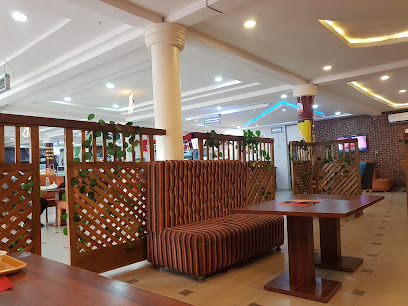
Kateri's Bamboo House (Restaurant)
Experience the best of Asian fusion cuisine at Kateri's Bamboo House in Benin City—where flavors meet tradition.
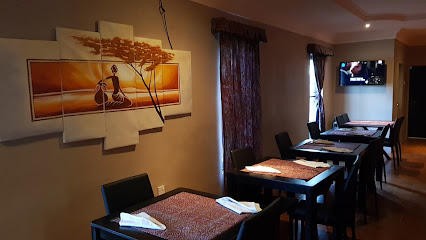
Omega Restaurant
Experience the flavors of Nigeria at Omega Restaurant in Benin City - where delicious breakfasts meet fast food favorites.
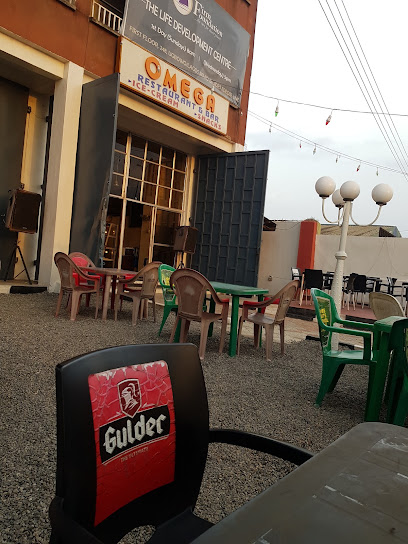
Maquis Super Pili Pili
Experience authentic Beninese cuisine at Maquis Super Pili Pili in Cotonou - where every dish tells a story.
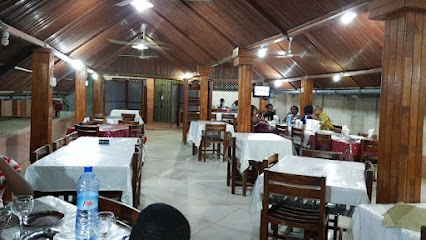
Royal China Restaurant
Discover authentic Chinese flavors at Royal China Restaurant in Benin City – where delicious meets affordability!
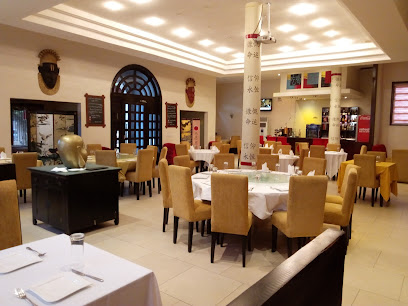
Mama Ebo Pepper Rice
Experience authentic Kalle pache cuisine at Mama Ebo Pepper Rice in Benin City, Nigeria – where every dish tells a story.
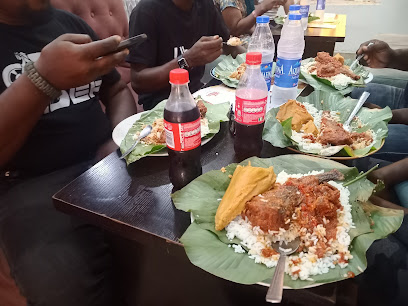
Naira Grill
Experience the flavors of Nigeria at Naira Grill – where tradition meets taste in Benin City.
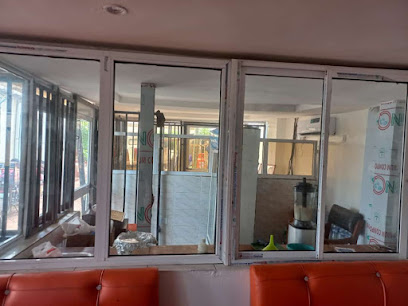
Seven Restaurant Benin
Experience exceptional dining at Seven Restaurant Benin, where local flavors meet global culinary excellence in an inviting atmosphere.
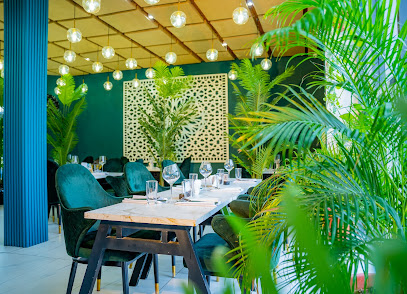
AfricanFoodseum
Discover authentic African cuisine at AfricanFoodseum in Porto-Novo – where every dish tells a story.
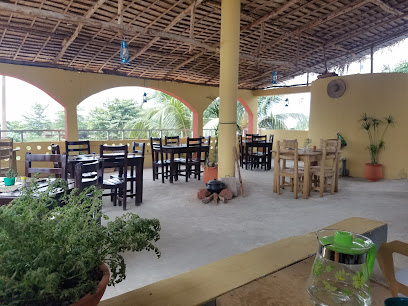
Sweet Mouth
Discover Sweet Mouth: A Culinary Gem in Benin City Offering Authentic Nigerian and International Dishes.
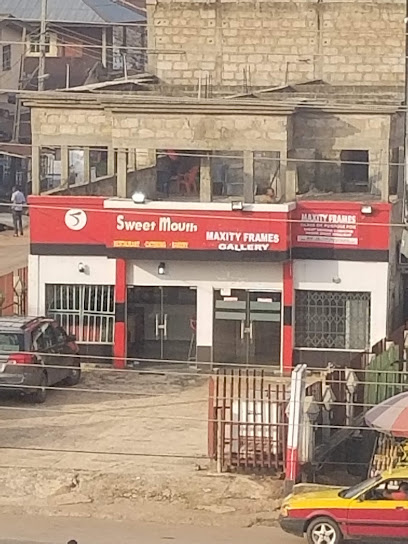
Buka Queen
Experience authentic Nigerian cuisine at Buka Queen in Benin City, where every dish tells a story of flavor and tradition.
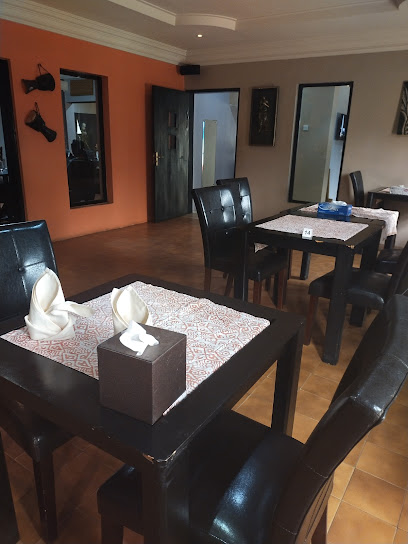
Mat-Ice
Experience the vibrant flavors of Nigeria at Mat-Ice, your go-to fast food destination in Benin City.
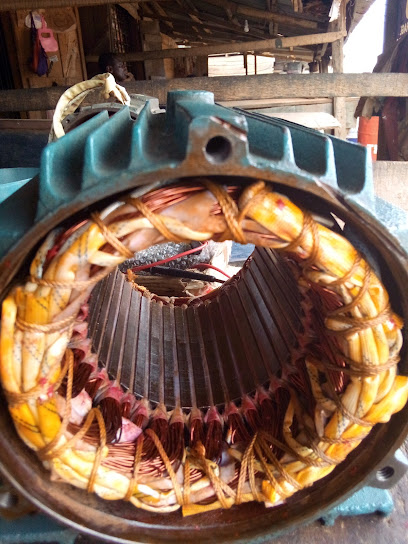
Restaurant L'Amicale
Experience authentic Beninese cuisine at Restaurant L'Amicale in Ouidah - where every dish tells a story.
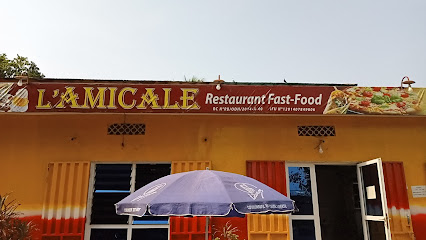
Tasty Royale
Discover the authentic flavors of Benin at Tasty Royale in Cotonou – where every dish tells a story.
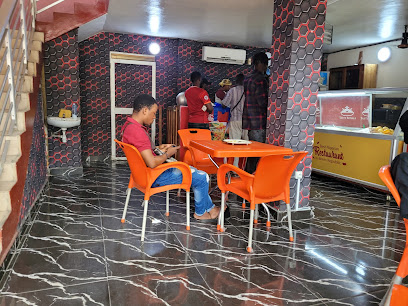
Markets, malls and hidden boutiques
Zone Cynegetique De La Pendjari
Experience the wild heart of Benin at Zone Cynegetique De La Pendjari, a national park rich in wildlife and breathtaking landscapes.
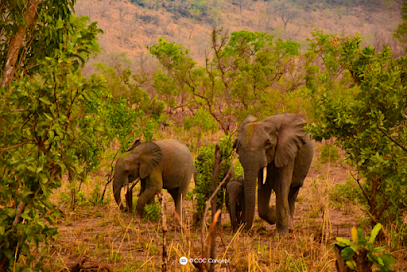
Pendjari National Park
Explore the untamed beauty of Pendjari National Park in Benin, a sanctuary for wildlife and a haven for nature enthusiasts seeking adventure.
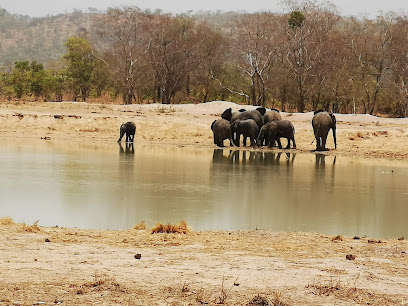
HOUSE OF EBBY
Explore the House of Ebby, a vibrant shopping mall in Benin City offering a unique blend of local crafts, beauty services, and cultural experiences.
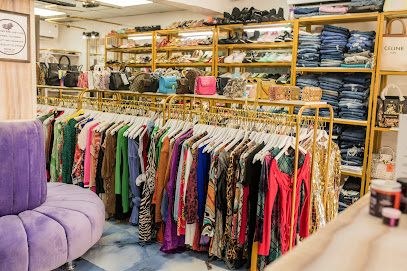
Uyi Accessiores &Beads.ng
Explore Uyi Accessories & Beads in Benin City for exquisite bridal accessories and unique beads that craft your dream wedding.

Essential bars & hidden hideouts
Code Bar
Discover the vibrant nightlife at Code Bar in Cotonou, where excellent drinks and a lively atmosphere await every visitor.
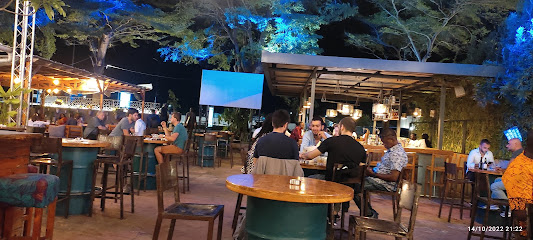
Rehab Lounge
Experience the vibrant nightlife at Rehab Lounge in Benin City, where relaxation meets entertainment through live music, delicious food, and a lively atmosphere.
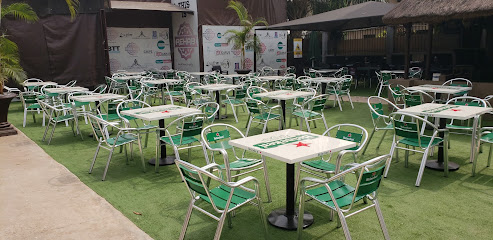
Joker Benin City - Club Joker | Joker Hotel | Joker Kitchen
Discover the vibrant nightlife and delicious dining at Joker Benin City, the ultimate club, bar, and hotel experience in Edo State, Nigeria.

Jammin Bar
Experience the lively heart of Cotonou at Jammin Bar, where live music meets delicious food and vibrant nightlife.
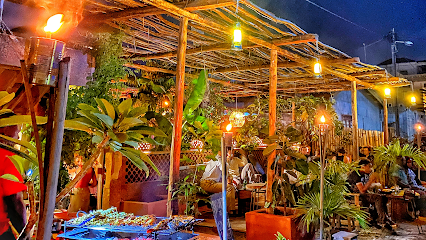
Sip&dip restaurant
Discover the vibrant atmosphere of Sip&dip Restaurant, a must-visit bar in Benin City, Nigeria, offering local flavors and international drinks.
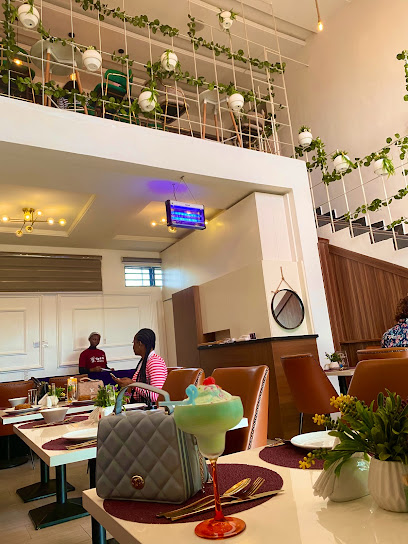
Ville D' Oaky
Experience the vibrant nightlife and local culture at Ville D' Oaky, a premier lounge in Benin City offering great drinks and a lively atmosphere.
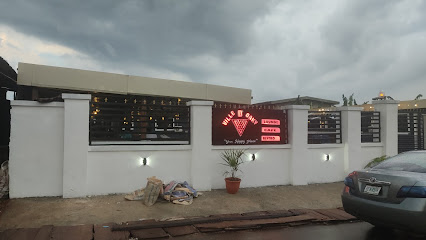
Le Djabi lounge bar
Discover the vibrant nightlife and exquisite tapas at Le Djabi Lounge Bar, a cultural hub on the bustling Boulevard de la Marina in Cotonou.
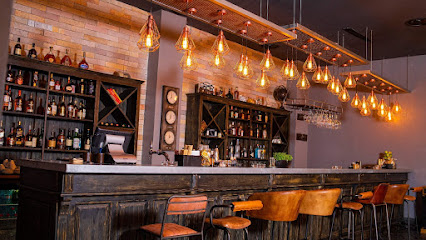
Ouidah Lounge
Discover Ouidah Lounge in Cotonou, a vibrant lounge offering exquisite drinks, local flavors, and an exciting nightlife experience.
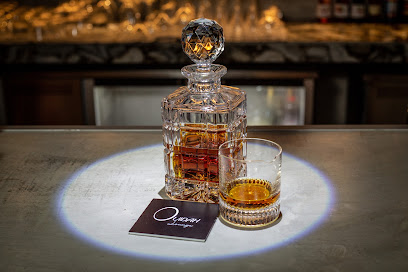
Hotel de la Pendjari
Discover the beauty of Pendjari National Park with comfortable stays and thrilling adventures at Hotel de la Pendjari.

Bar Restaurant 229
Explore the vibrant atmosphere of Bar Restaurant 229 in Cotonou, where local culture meets refreshing drinks for an unforgettable experience.
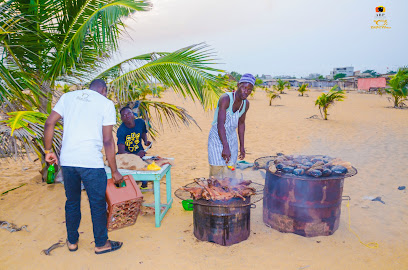
Bar Restaurant Afterwork
Discover the vibrant Bar Restaurant Afterwork in Zoundja, where locals gather for refreshing drinks and lively conversations in a cozy atmosphere.
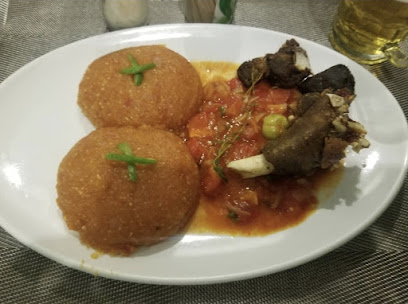
CABARET PENDJARI
Discover the vibrant culture of Benin at Cabaret Pendjari, a family-friendly restaurant serving organic local cuisine.
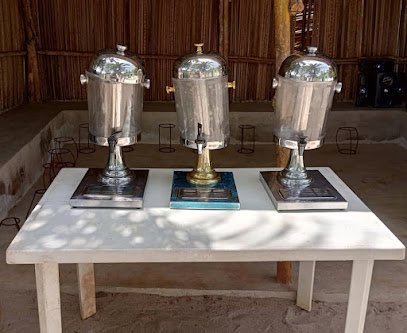
Bar Restaurant Plein Air
Discover the essence of Zoundja at Bar Restaurant Plein Air: a local bar offering a rich selection of drinks and traditional dishes in a beautiful open-air setting.

Bar-Restaurant-Cafe La Pendjari
Discover the vibrant atmosphere and delightful flavors at Bar-Restaurant-Cafe La Pendjari in Cotonou, where local culture meets international cuisine.

Local Phrases about Pendjari National Park
-
- HelloKuabo
[Kwah-boh] - GoodbyeSai sai
[Sigh sigh] - YesEe
[Eh] - NoTche
[Chay] - Please/You're welcomeKpe
[K-pay] - Thank youNagode
[Nah-go-day] - Excuse me/SorrySamu
[Sah-moo] - How are you?Ka shaun?
[Kah sh-own?] - Fine. And you?Da sauki. Ka shaun?
[Dah sow-kee. Kah sh-own?] - Do you speak English?Ka fada Turanci?
[Kah fah-dah Too-rahn-chee?] - I don't understandBa nayi fahimta
[Bah nigh-ee fah-him-tah]
- HelloKuabo
-
- I'd like to see the menu, pleaseIna son ganin menu, da kara
[Ee-nah sohn gah-neen meh-noo, dah kah-rah] - I don't eat meatBan dage nama
[Bahn dah-gay nah-mah] - Cheers!Cheers!
[Cheers!] - I would like to pay, pleaseIna son kudin, da kara
[Ee-nah sohn koo-deen, dah kah-rah]
- I'd like to see the menu, pleaseIna son ganin menu, da kara
-
- Help!Taimako!
[Tie-mah-koh!] - Go away!Hauka!
[How-kah!] - Call the Police!Kira motoci!
[Kee-rah moh-toh-chee!] - Call a doctor!Kira dokar!
[Kee-rah doh-kahr!] - I'm lostIna tashi
[Ee-nah tah-shee] - I'm illIna da lafiya
[Ee-nah dah lah-fee-yah]
- Help!Taimako!
-
- I'd like to buy...Ina son sayarwa...
[Ee-nah sohn sah-yar-wah...] - I'm just lookingNa tabbata
[Nah tah-bah-tah] - How much is it?Yaya ne?
[Yah-yah neh?] - That's too expensiveWannan ya fi karfin
[Wahn-nahn yah fee kahr-feen] - Can you lower the price?Zaka sake fama?
[Zah-kah sah-kay fah-mah?]
- I'd like to buy...Ina son sayarwa...
-
- What time is it?Yaya lokaci ne?
[Yah-yah loh-kah-chee neh?] - It's one o'clockNe guda daya
[Neh goo-dah dah-yah] - Half past (10)Lafiya da (10)
[Lah-fee-yah dah (10)] - MorningSafe
[Sah-fay] - AfternoonRanan
[Rah-nahn] - EveningYamma
[Yahm-mah] - YesterdayJibi
[Jee-bee] - TodayYau
[Yow] - TomorrowGobe
[Go-bay] - 1Yi
[Yee] - 2Bi
[Bee] - 3Uku
[Oo-koo] - 4Huudu
[Hoo-doo] - 5Biya
[Bee-yah] - 6Shida
[Shee-dah] - 7Bakwai
[Bah-kwai] - 8Takwas
[Tah-kwahs] - 9Tara
[Tah-rah] - 10Goma
[Go-mah]
- What time is it?Yaya lokaci ne?
-
- Where's a/the...?Ina....?
[Ee-nah....?] - What's the address?Yaya adireshin ne?
[Yah-yah ah-dee-reh-sheen neh?] - Can you show me (on the map)?Zaka nuna min (a cikin rubutu)?
[Zah-kah noo-nah meen (ah chee-keen roo-boo-too)?] - When's the next (bus)?A lokaci ne (motoci)?
[Ah loh-kah-chee neh (moh-toh-chee)?] - A ticket (to ....)Tikiti (zuwa ....)
[Tee-kee-tee (zoo-wah ....)]
- Where's a/the...?Ina....?
History of Pendjari National Park
-
Pendjari National Park, located in the northwestern part of Benin, was established in 1954 as part of the larger W-Arly-Pendjari (WAP) Complex, which spans across Benin, Burkina Faso, and Niger. The park was named after the Pendjari River that runs through it, forming a natural boundary and contributing to its rich biodiversity.
-
During the French colonial era, the park was designated as a game reserve to protect its diverse wildlife from overhunting. The French administration implemented the first conservation measures, laying the groundwork for future preservation efforts. These early actions were instrumental in maintaining the ecological balance within the park.
-
Following Benin's independence in 1960, the management of Pendjari National Park fell under the jurisdiction of the newly established national government. Efforts to enhance conservation strategies continued, with a focus on protecting endangered species and promoting sustainable tourism. The park became a symbol of national pride and a testament to Benin's commitment to environmental preservation.
-
In 2017, Pendjari National Park, along with the entire W-Arly-Pendjari Complex, was designated as a UNESCO World Heritage Site. This recognition highlighted the park's significant biodiversity, including its populations of elephants, lions, and cheetahs. The UNESCO status has helped attract international attention and funding for conservation initiatives.
-
Pendjari National Park is not only a haven for wildlife but also a region rich in cultural heritage. The local communities, primarily composed of the Fulani and Bariba ethnic groups, have a deep-rooted connection to the land. Their traditional knowledge and practices contribute to the park's ecological sustainability. Cultural festivals and rituals continue to be celebrated, reflecting the harmonious relationship between the people and nature.
-
Despite its protected status, Pendjari National Park faces modern conservation challenges, including poaching, habitat degradation, and climate change. Various international and local organizations are actively involved in addressing these issues through anti-poaching patrols, community engagement, and habitat restoration projects. These ongoing efforts are crucial for ensuring the park's long-term survival and ecological integrity.
Pendjari National Park Essentials
-
Pendjari National Park is located in the northwest region of Benin, near the border with Burkina Faso. The nearest major city is Natitingou, which is approximately 45 kilometers from the park's entrance. The easiest way to get to Pendjari is by flying into Cotonou Cadjehoun Airport (COO), the main international airport in Benin. From Cotonou, you can either rent a car and drive to Natitingou, which takes about 10-12 hours, or take a domestic flight to Natitingou and then arrange for local transportation to the park. Alternatively, you can take a bus or taxi from Cotonou to Natitingou, though this can be a longer and less comfortable option.
-
Within Pendjari National Park, the most common mode of transportation is a 4x4 vehicle, which is essential for navigating the park's rugged terrain. There are several tour operators that offer guided safaris with experienced drivers and knowledgeable guides. If you prefer to explore independently, you can rent a 4x4 vehicle in Natitingou, but be sure to have a reliable GPS and a good map of the park. Bicycles and motorcycles are not recommended due to the challenging roads and presence of wildlife. Walking is generally restricted to designated areas and guided tours for safety reasons.
-
The official currency of Benin is the West African CFA franc (XOF). Credit cards are not widely accepted in remote areas, including Pendjari National Park, so it is essential to carry sufficient cash with you. There are a few ATMs in Natitingou where you can withdraw cash, but it is advisable to bring enough money from Cotonou to cover your expenses in the park. Some lodges and tour operators may accept payment in Euros or US Dollars, but it is best to confirm in advance.
-
Pendjari National Park is generally a safe destination for tourists, but it is important to take standard precautions. Always follow the advice of park rangers and guides, and never wander off the designated paths or areas. Avoid walking alone at night and keep your valuables secure. While there are no specific high-crime areas targeting tourists within the park, it is wise to remain vigilant. Be aware of the wildlife, and never approach or feed animals. Insects and snakes can also pose a risk, so wear appropriate clothing and use insect repellent.
-
In case of emergency, contact the park rangers or your tour guide immediately. They are trained to handle various situations and can provide assistance. The nearest medical facilities are in Natitingou, so for serious medical issues, you may need to be transported there. It is highly recommended to have travel insurance that covers medical emergencies, including evacuation if necessary. The emergency phone number in Benin is 117 for police assistance and 112 for medical emergencies.
-
Fashion: Do wear lightweight, breathable clothing that covers your arms and legs to protect against insects and sun exposure. Avoid bright colors that may attract wildlife. Religion: Do respect local customs and traditions. Be mindful of any religious sites or ceremonies you may encounter. Public Transport: Do be respectful and courteous to drivers and fellow passengers. Don't expect strict schedules, as transportation can be irregular. Greetings: Do greet people with a handshake or a polite nod. Learn a few basic phrases in French, the official language, as a sign of respect. Eating & Drinking: Do try local dishes and beverages, and always drink bottled or purified water. Don't refuse food offerings, as it can be considered impolite.
-
To experience Pendjari National Park like a local, consider visiting during the dry season (December to May) when wildlife is more easily spotted near water sources. Engage with local guides who can offer valuable insights into the park's flora and fauna. Spend a night at one of the park's lodges or campsites to fully immerse yourself in the natural surroundings. Don't miss the opportunity to visit nearby villages to learn about the local culture and traditions. Participate in community-based tourism initiatives that support conservation and local livelihoods.
Nearby Cities to Pendjari National Park
-
Things To Do in Tamale
-
Things To Do in Ziniaré
-
Things To Do in Ouagadougou
-
Things To Do in Atakpamé
-
Things To Do in Koudougou
-
Things To Do in Wa
-
Things To Do in Notse
-
Things To Do in Kpalimé
-
Things To Do in Abeokuta
-
Things To Do in Ibadan
-
Things To Do in Ouahigouya
-
Things To Do in Lokossa
-
Things To Do in Ho
-
Things To Do in Porto-Novo
-
Things To Do in Ouidah









